Vitalik Buterin, co-founder of Ethereum (ETH), has alerted the Ethereum community about possible risks to the network’s consensus. The consensus mechanism of Ethereum, which involves a significant amount of ETH validating blocks at regular intervals, is strong and well-supported. Nevertheless, Buterin advises against misusing the consensus system, particularly in situations that could potentially undermine its stability.
Vitalik Buterin further explains the dangers of stretching Ethereum’s consensus by presenting a hypothetical situation set in 2025. In this scenario, a price oracle for ETH/USD is introduced, and validators vote on the price hourly. However, a political crisis in Brazil in 2034 leads to a split in the consensus due to differing perspectives on the legitimacy of opposing political factions. This shows that when a blockchain tries to incorporate real-world factors, it becomes vulnerable to external conflicts and instabilities.
Potential Remedies
Over time, various suggestions have been put forward proposing alternative uses for Ethereum’s social consensus, such as implementing price and data oracles, re-staking initiatives, and utilizing layer-1 soft forks to recover layer-2 projects. However, the co-founder of Ethereum, Vitalik Buterin, cautioned against adopting such ideas and elaborated on potential solutions.
In his recent blog post titled “Don’t overload Ethereum’s consensus,” Buterin presented potential remedies for addressing risks associated with price oracles. These solutions include implementing “not-quite-cryptoeconomic decentralized oracles” or validator-voting-based oracles that explicitly incorporate emergency recovery strategies other than relying solely on L1 consensus.
Furthermore, Buterin highlighted the possibility of employing more complex truth oracles that focus on reporting subjective facts beyond just price. He suggested the development of a “decentralized court system” based on a not-quite-cryptoeconomic DAO as a potential solution.
According to Vitalik, any broadening of Ethereum’s consensus responsibilities results in higher costs, increased complexities, and greater risks for validators. He emphasized the significance of maintaining the chain’s minimalism and suggested that supporting re-staking methods that do not lead to an expansion of Ethereum’s consensus role should be the primary focus.
Closing Thoughts
This warning from Buterin provides the Ethereum community with an opportunity to address potential risks, ensuring the stability and integrity of the Ethereum network. Stakeholders can now better protect the network and its consensus system against manipulation and misuse based on Buterin’s insights.



